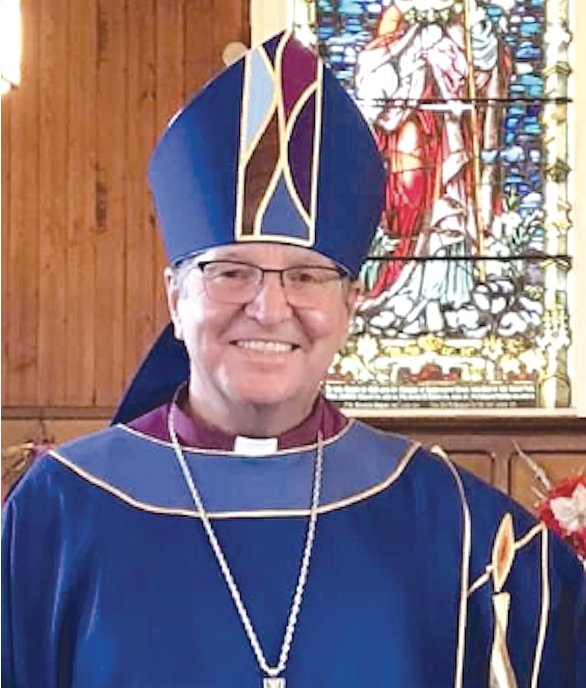Christmas is a word that has cultural as well as spiritual meaning. Store shelves are beginning to fill with toys and other items marketed around the gift-giving season commonly referred to as Christmas.
For the three years that Irene and I lived in Jerusalem, this commercial approach to Christmas was largely absent, and to be honest, we really missed it! In our third year there, we went to London on behalf of the diocese. It was late November, and Piccadilly Street was all aglow with Christmas lights and the stores were busy with shoppers. It felt so comforting.
I am not overly sensitive to what some people may consider the commercialization of Christmas. Perhaps this is because the deeper spiritual meaning is not lost for me. Christmas is both cultural and spiritual, and both together can be complementary. Putting up lights at one of the darkest times of the year is good for our psyche (a word which means “soul” actually). It reminds us too of Jesus, the Light of the World.
As well, the gift-giving practice associated with Christmas lifts the giver and receiver, and this too connects us with the “Greatest Gift”—the overflowing, unconditional, sin-forgiving, death-defeating gift of God’s love in Jesus Christ, whose birth at Bethlehem 2000 years ago was announced by the angel to the shepherds:
“Do not be afraid; for behold, I bring you good news of great joy which will be for all the people…” Luke 2:10
There is wonderful good news for all people everywhere in the spiritual meaning of Christmas. The cultural aspect alone pales in comparison. If only the commercialization of Christmas, the meaning of the holiday would not be sufficient enough to cause us profound rejoicing. The deeper spiritual meaning amplifies the cultural meaning. Christmas is the uniting of heaven and earth; it is the joining of divinity and humanity. And this is indeed good tidings of great joy! Christmas is justifiable cause for rejoicing, culturally and spiritually.
Merry Christmas to one and all.


